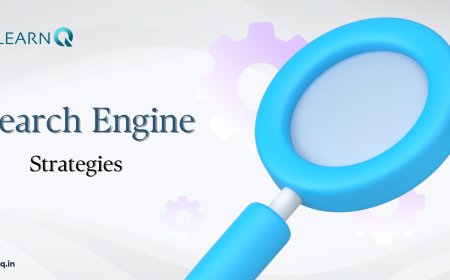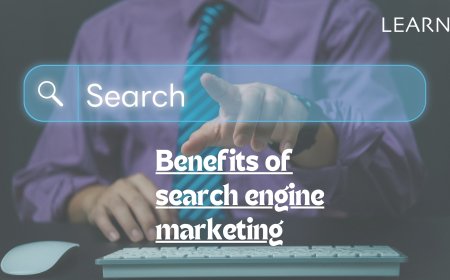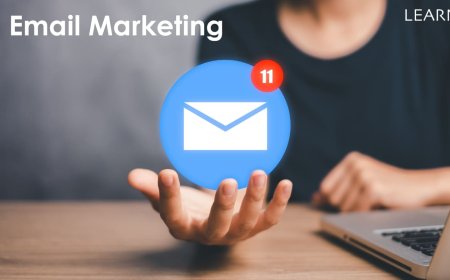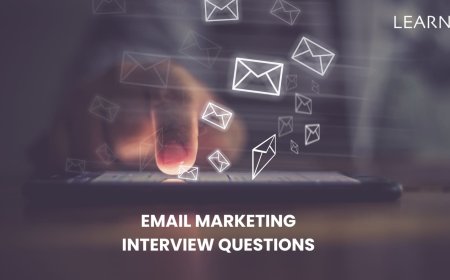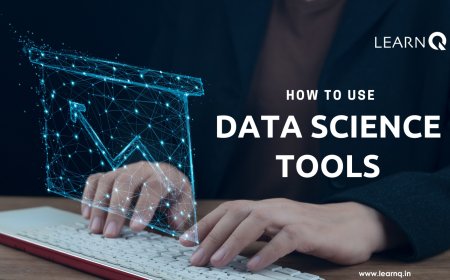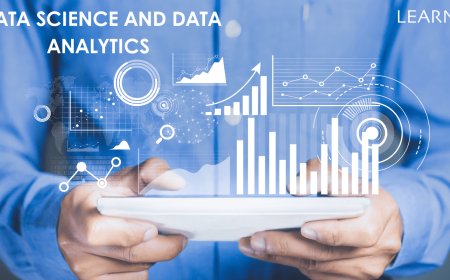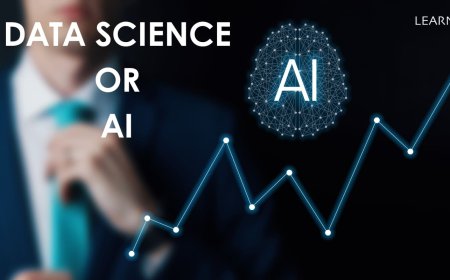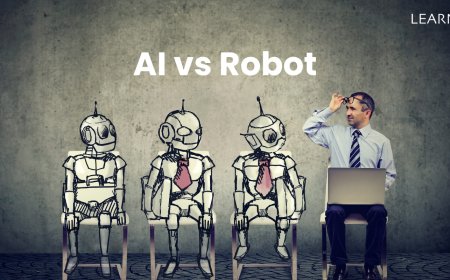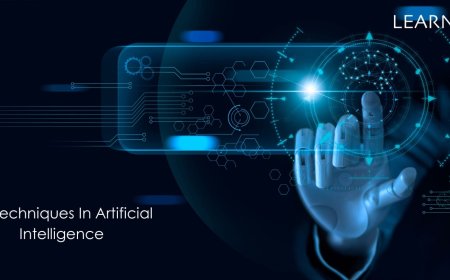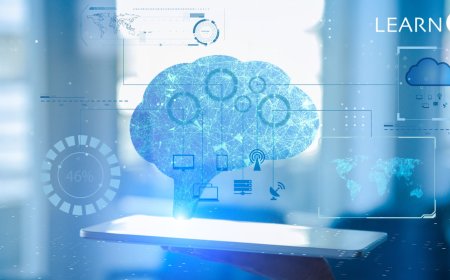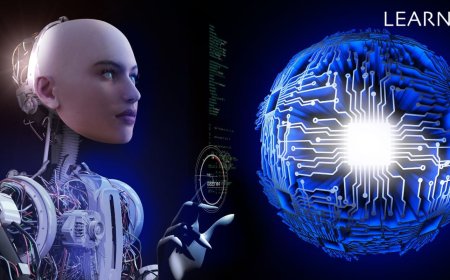Imagine if computers could understand and talk to us just like humans do. Well, that's exactly what Natural Language Processing (NLP) is all about! It's a cool part of Artificial Intelligence (AI) that's changing how machines work with human language. NLP uses smart algorithms and tricks to help computers understand, interpret, and even create human language in a way that makes sense. Thanks to machine learning, NLP can go through tons of written stuff, like articles or messages, and figure out important things from them. This helps computers make smart decisions without us telling them everything.
But it gets even better with deep learning. This takes NLP to a whole new level, making smart computer models that can catch all the tiny details in how we talk. Things like feelings in texts, language translations, and even recognizing our speech are now way more accurate and faster.
The best part is that NLP isn't just a cool tech thing, it's everywhere! It's helping out in healthcare, finance, marketing, and customer service. Companies all over the world are realizing how awesome NLP is for making things better, faster, and more personal for us. Because of all this, there's a huge need for people who understand NLP and AI. Being a Certified Data Scientist, especially one who knows about AI, is important. These experts drive cool research and use NLP to make awesome AI solutions that will shape our future.
Understanding How NLP Tools Work
Natural Language Processing (NLP) stands out as a key player in making machines and humans work together. Understanding NLP tools isn't just about reading complicated code; it's about figuring out the secrets of human language and using that knowledge to create new and better things. NLP tools are changing the game in many industries, like customer service, healthcare, finance, and education. They help machines understand, interpret, and use human language, making it easy for people to interact with computers. With a lot of data out there, NLP tools are crucial for pulling important information from messy text, helping companies make smart decisions quickly and accurately.
NLP is all about using different techniques and computer tricks to understand human language better. From figuring out if a sentence is positive or negative to translating languages and summarizing long texts, NLP tools have a bunch of useful skills. Fancy computer models, like transformers and neural networks, have taken NLP to new levels, allowing machines to understand the meaning of words, the context they're used in, and even the small details in language. But even though NLP tools can do amazing things, they face some tough challenges. Words with more than one meaning, the way words change depending on where they're used, and the many different ways people speak can make it hard for machines to get human language. Also, there are important questions about fairness, privacy, and making sure the information we get from NLP tools is accurate and helpful.
Understanding NLP Challenges: Problems and Limits
When we talk about Natural Language Processing (NLP), we're talking about teaching computers to understand and communicate with humans better. But this journey isn't easy. There are lots of problems and limits we need to deal with.
1. Tricky Words and Meanings: Human language can be confusing. Words can mean different things depending on the situation. This makes it hard for computers to understand what we're saying.
2. Bad Data and Biases: NLP needs good data to learn from. But sometimes the data is flawed or biased. This can make the computer's responses unfair or even discriminatory.
3. Specialized Fields: NLP systems might not work well in certain areas like law or medicine. They need specific training and data for these fields, which can be hard to get.
4. Hard to Explain: Even when NLP systems work well, we might not understand why. They're like a black box. This makes it tough to trust them or fix problems.
5. Ethics: Using NLP can raise ethical questions. It might invade people's privacy or be used to manipulate them. We need rules and guidelines to make sure NLP is used responsibly.
To tackle these challenges, we need everyone—researchers, developers, and policymakers—to work together. By facing these problems head-on, we can make NLP better while avoiding the bad stuff.
What Can NLP Do and How Does It Affect Us?
Natural Language Processing (NLP) is useful in many areas and can do a lot of cool stuff. For example, it helps virtual assistants like Siri and Alexa understand what we say, making it easy to talk to our devices. It's also behind tools that determine if people are happy or mad in online reviews, helping businesses know what customers think. In healthcare, NLP helps doctors get important information from medical records, making it easier to diagnose and plan treatments.
NLP also makes technology more accessible. It can turn spoken words into written text or the other way around, which is great for people with disabilities. But, there are some concerns too. People worry about privacy because NLP uses a lot of data, and there's also a concern about fairness in how it understands different types of language. So, even though NLP is awesome, we need to be careful and make sure it's used in a good way that helps everyone.
Making the Most of NLP: How It Helps Us
Natural Language Processing (NLP) is like a super smart tool that helps computers understand and work with human language. It's used in lots of cool ways to make our interactions with technology better. Here's how:
1. Understanding Human Language: NLP helps computers understand what we're saying or writing. This is super important for things like virtual assistants and search engines.
2. Making Things Easier for Us: With NLP, developers can make computer programs that understand our natural language. This means we can talk to them like we talk to other people, making it easier to use them.
3. Automating Text Analysis: NLP can read and understand huge amounts of text way faster than we can. This is helpful for things like figuring out if people like a product by analyzing what they say online.
4. Personalizing Content: NLP helps websites and apps suggest things we might like based on what we've done before. It's like when Netflix suggests a movie you might enjoy based on what you've watched.
5. Helping Businesses Make Smart Choices: Businesses can use NLP to understand what people are saying about them online or in surveys. This helps them make better decisions.
6. Breaking Down Language Barriers: NLP is great for translating languages, which makes it easier for people who speak different languages to communicate.
7. Making Things Accessible for Everyone: NLP helps make digital stuff easier to use for people with disabilities. It can turn text into speech or understand what someone is saying, which is helpful for people who can't see or hear well.
Natural Language Processing (NLP) is at the forefront of cool tech stuff, changing how we talk to computers and use information. Thanks to smart computer programs and learning tricks, NLP helps machines understand, interpret, and use human language well. It's used in lots of different areas, like virtual assistants, figuring out how people feel, translating languages, and pulling out important details from lots of text. As NLP keeps getting better, it has the power to improve how we communicate, do tasks automatically, and find useful info in tons of written stuff. Getting into NLP means getting ready for a future where talking to computers is easier, leading to lots of new and cool things happening.







